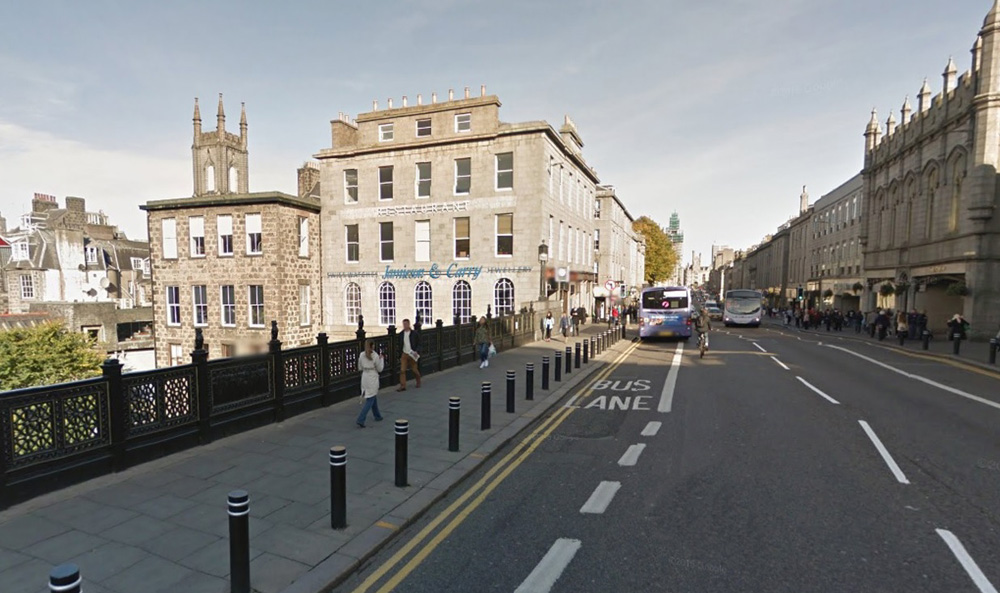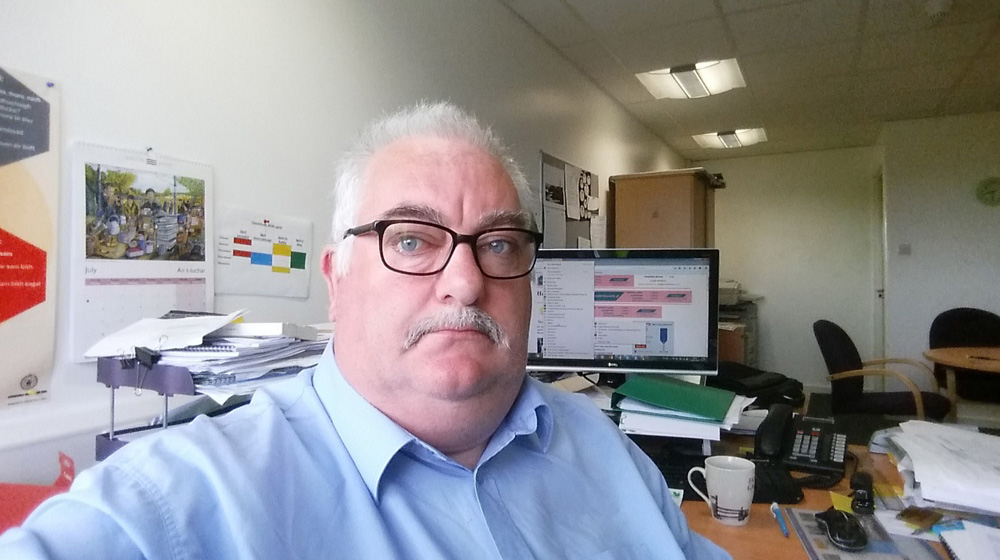HUNDREDS of Scottish homes have been used for a car insurance scam known as “ghost broking”.
Addresses in rural Scotland which generally have affordable car insurance rates are used by criminal gangs to buy cheap policies.
These are then sold – with key details altered – to unsuspecting victims, most of them in big English cities where policies can be sky-high.
The scammers then cancel the policy and pocket the refund, leaving the victim completely uninsured and totally unaware of the fact.
All the Scots whose homes are used in the trick know about it is when unsolicited insurance documents start landing on their doormat.
Low-crime, low-risk areas across Scotland have been used including six addresses each in Lewis and Shetland, four in Aberdeen’s Union Street, two near Inverallochy near Fraserburgh, one in Beauly, one in Auchenhalrig near Fochabers and one in Portree.
Another four cases were found in Lockerbie and the Borders.
Many of their victims are inner city motorists in London who pay on average £1,086 per year for car insurance.
Homeowners across Scotland have been visited by City of London Police’s Insurance Fraud Enforcement Department (IFED) officers as part of an ongoing investigation.
IFED Detective Sergeant Matt Hussey said: “It’s not just on this case, there are others where ‘low risk’ addresses in the north and north-east of Scotland are being used for fake insurance policies and fictitious accident claims.
“I am aware of about six cases ongoing and it would be fair to say the number of addresses is into the hundreds”.
“This is becoming an escalating problem and that’s one of the reasons why we are up here, to warn other residents in the area and advise them what to do if they receive such letters.
“In some cases people have had their cars taken because they had no insurance. There are also cases where people have received fines and penalty points. In this particular case most victims are around the Bolton and Bradford areas”.
His colleugue, IFED Detective Chief Inspector Oliver Little added: “We don’t want people to just ignore these letters and anyone receiving mail like this should call the insurer which is listed on the envelope and ask to be put through to their fraud department”.
Malcolm Macleod, 59, from Ness on the Isle of Lewis realised his address was being used by scammers after receiving an insurance claim letter addressed to someone else.
Mr Macleod, who pays around £350 fully comprehensive insurance for his two litre Diesel people carrier, phoned the company to inform them of the error.
Eighteen months later he received another letter, addressed to the same person, which said their premium was in arrears.
He said: “I had my suspicions when I started to receive correspondance, but assumed it was just a one-off.
“It was only when the police got in touch that I realised it was such a big scam. We have some of the lowest insurance rates in the country which is why I think my address was used.
“Our house is also number one on a certain street, so I think someone must just be going through the electoral rolls and picking houses out.
“I don’t know of it happening to anyone else around here, but it sounds like a lot of people across the country might be affected.”
The “ghost brokers” pose and genuine brokers and use websites, word of mouth and even pub visits to find drivers looking to save money.
They take drivers’ details and apply online for insurance from reputable insurance firms.
The fraudsters enter an address from a low insurance area of Scotland but doctor the printed online documents sent to the customer with their real address.
The person whose address was misused suddenly starts receiving printed documents through the mail.
The insurance is cancelled within the “cooling off” resulting in a full refund for the scammers. The victim often only realises they have been without insurance when they have an accident.



